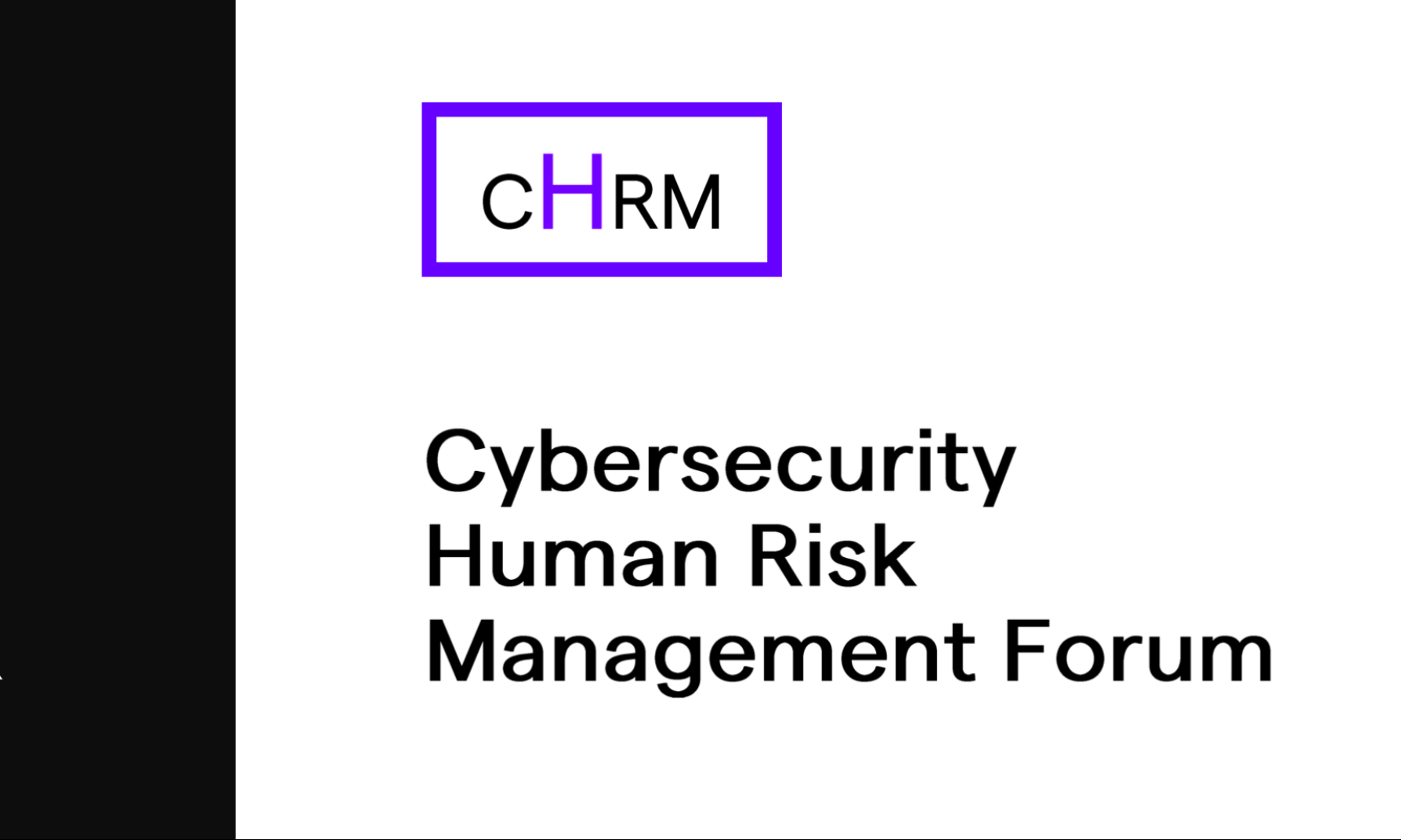Ahead of the 2024 U.S. elections, Microsoft researchers have identified a concerning trend: Iranian hackers targeting U.S. officials in a sophisticated cyber espionage campaign.
Anatomy of the Cyber Espionage Campaign
According to Microsoft’s security team, Iranian hackers are employing sophisticated phishing tactics aimed at U.S. officials and high-profile individuals linked to the election process. These attacks are designed to steal sensitive information and could have far-reaching implications if successful.
Phishing, a cyberattack method where attackers masquerade as trustworthy entities in electronic communications, remains highly effective due to its ability to exploit human vulnerabilities. In this case, the stakes are even higher, given the potential influence on election integrity and the broader democratic process.
Nation-State Cyber Threats
Nation-state actors like those from Iran possess advanced capabilities and resources, allowing them to conduct prolonged and sophisticated campaigns. These efforts are often aimed at:
- Influencing Political Outcomes: Targeting high-profile officials to sway election results or gain strategic advantages.
- Sowing Discord: Undermining public trust in the electoral process and democratic institutions.
This is not a new phenomenon. Similar activities were observed in previous election cycles, highlighting a persistent and evolving threat landscape that demands continuous vigilance and adaptation.
Phishing: A Persistent but Preventable Threat
Phishing remains a favored method for cybercriminals due to its effectiveness. Key indicators of phishing attempts include:
- Suspicious or unfamiliar sender addresses.
- Generic greetings rather than personalized ones.
- Requests for sensitive information via email.
- Urgent or threatening language prompts.
However there are ways to stay ahead of the hackers, and keep your teams safe from the threats.
The Role of Cybersecurity Awareness
While technology plays a vital role, human factors cannot be overlooked. Raising cybersecurity awareness among government officials and campaign staff is crucial. Training programs should focus on:
- Phishing and Social Engineering: Educating individuals on how to recognize and respond to phishing emails and other deceptive tactics.
- Strong Password Practices: Promoting the use of strong, unique passwords and multi-factor authentication (MFA) to safeguard accounts.
- Incident Reporting: Encouraging timely reporting of suspicious activities to enable quick identification and response to potential threats.
The targeting of U.S. officials by Iranian hackers in the lead-up to the 2024 election is a sobering reminder of the complexities and challenges in maintaining cybersecurity. By prioritizing robust cybersecurity measures, enhancing security awareness, and focusing on human risk management, we can better safeguard sensitive information and uphold the integrity of our democratic processes.
Staying informed, vigilant, and prepared is not just a defensive strategy—it’s a proactive approach to ensuring the security and trustworthiness of our systems and institutions. Together we can OutThink the hackers, and engage users before they do.






